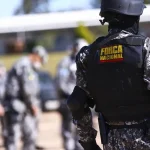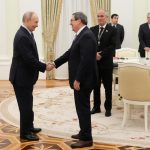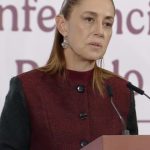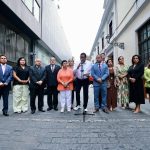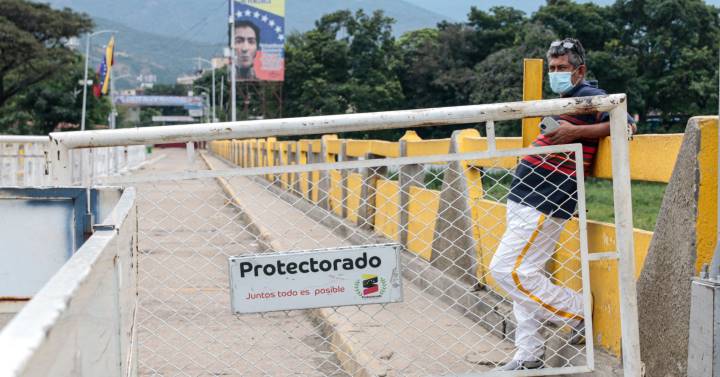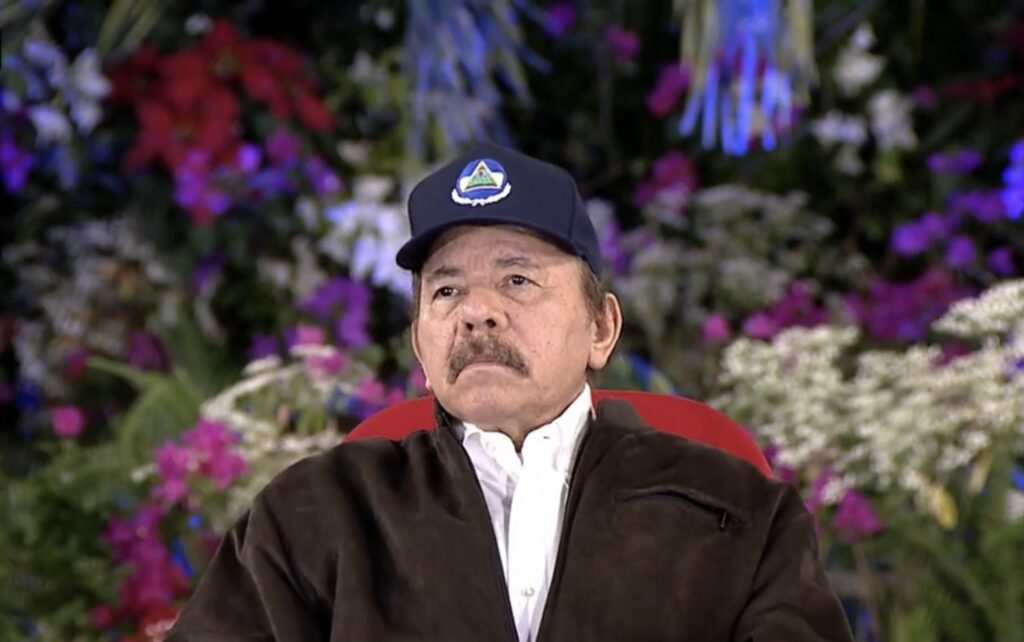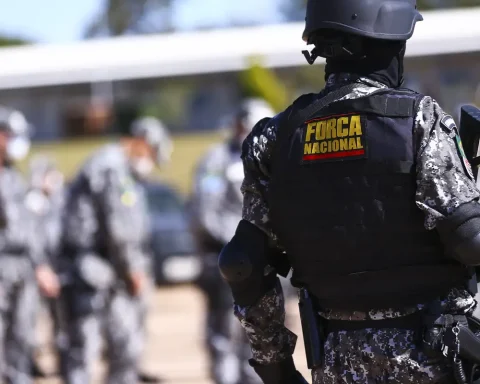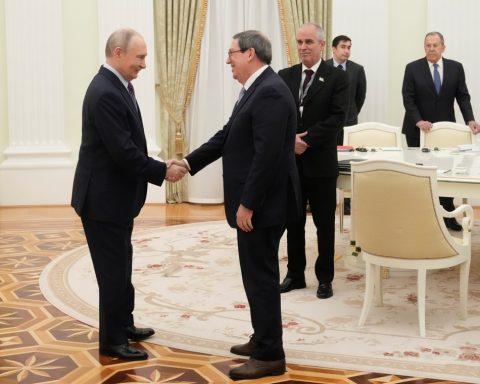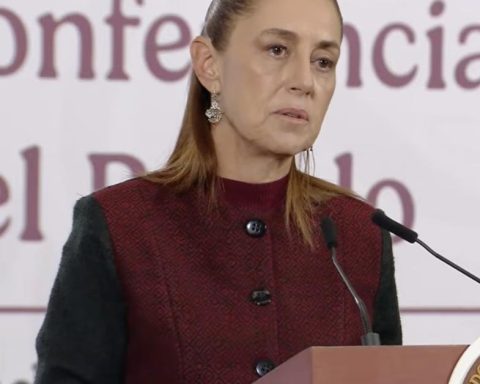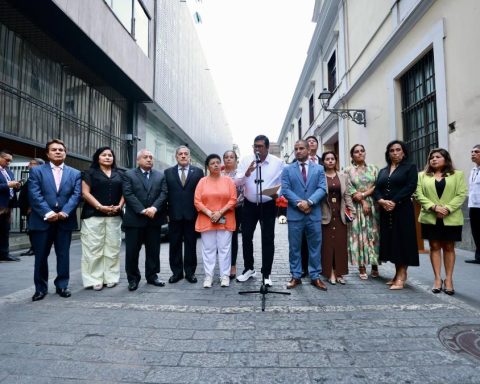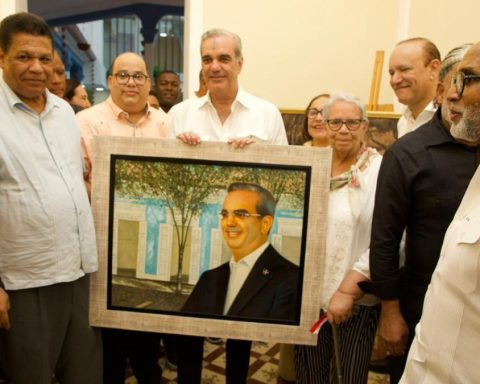The former Nicaraguan ambassador to the OAS who surprised locals and strangers by accusing his country of “dictatorship” asked Daniel Ortega on Wednesday to release political prisoners and Joe Biden an immigration protection for those who “flee from the terror regime.”
Arturo MacFields was dismissed but “he does not regret it a single centimeter” because “there are people who have heard the message from prison” and “have regained hope” when they see “that public officials are tired of so much cruelty.”
“What I ask for the most: well-being for those who are imprisoned, that they let them out” and “a TPS of hope for those who come here fleeing,” he said in a dialogue organized by the Wilson Center think tank in Washington, referring to the Status Temporary Protection.
Mcfields begged US President Biden for TPS “because it is not fair that the thousands of Nicaraguans who have been fleeing the regime of terror and violence in Nicaragua continue to suffer hidden in the United States.”
TPS is a status granted by the government, without having to go through Congress, that prevents deportation and gives access to a work permit for foreign citizens who cannot return safely to their country.
And, according to him, they cannot, because the Nicaraguan government is “firm and harsh and painful in its dealings with the people.”
Human rights organizations estimate that at least 170 opponents have been detained since the 2018 anti-government protests, including seven potential electoral rivals of Ortega, who won the November presidential elections for a fourth consecutive term.
If Mcfields did not defect before, it is because he thought that “he could have a type of incidence that could lead to the release of some political prisoners” but since he did he feels liberated, “as if an anvil had been removed from his soul.”
Since 2018, he claims to have conveyed his concerns to his superiors, who told him: “Don’t worry, nothing is happening, it is simply the right that is wanting to destroy the legitimate government.”
-Psychological warfare-
When he began to have “daily communication” with Rosario Murillo, Ortega’s wife and vice president, he proposed “doing this or that, but there was something he didn’t like, the issue of human rights and the release of prisoners.”
After the suggestions “I liked about ten officials who called me on the phone and told me: ‘what’s wrong with you, what if you’ve sold yourself to the Empire (United States)?'” of psychological warfare.
Torture “has tired officials,” both “civilians and high-ranking and mid-ranking military,” who comment on it “in the corridors,” he adds.
“I resigned because I’m slapped, I don’t have yachts, large estates, I don’t have anything.” “Other people have told me that they feel restless. Why don’t they resign? Because they have properties, they have cars, they have businesses, they have farms, they have ranches.”
“And many are resigning but they are told: ‘OK, if you go quietly, you’ll keep all your perquisites,'” said Mcfields, who is accused of having “a suitcase full of reais” and of being “financed by the Empire and the INC”.
He claims he is supported by his wife and receives help from a Baptist church in Washington. He faces the future with “a suitcase of hopes and dreams,” without political aspirations, he says.
– “Not all are bad”-
In the state “there are police officers and people in jail who are willing to read the bible to the prisoner, to share a word of encouragement, to tell him, don’t worry, God loves you, don’t worry, your relatives told me that everything is fine”.
The information on the state of the prisoners has been filtered “by the same ones who are inside, because not all of them are bad” and they see that they are suffering,” he says.
For a change of government “concrete, firm and irreversible, three things are needed: unity, unity and unity” because “as long as they continue to devour each other’s opposition” it will remain “for a thousand years.”
“The screws that keep the current regime in power are called the lack of unity in the opposition, those are the screws, the only ones, the only ones, not even the paramilitaries,” he insists, underlining the word unique.
In the international community, Nicaragua, condemned by the European Union and the United States, has a “close-up” relationship with Cuba and Venezuela “which is not handled by the Foreign Ministry” and another important one, but “in diapers” with China, details the former diplomat.
In the region, Mcfields accuses the large Latin American countries “with robust democracies”, which he does not name, for “remaining silent” in the OAS. “It is not worth lowering their heads and saying we have the principle of non-interference.” “They look small in the face of the tragedy that Nicaragua is suffering.”
